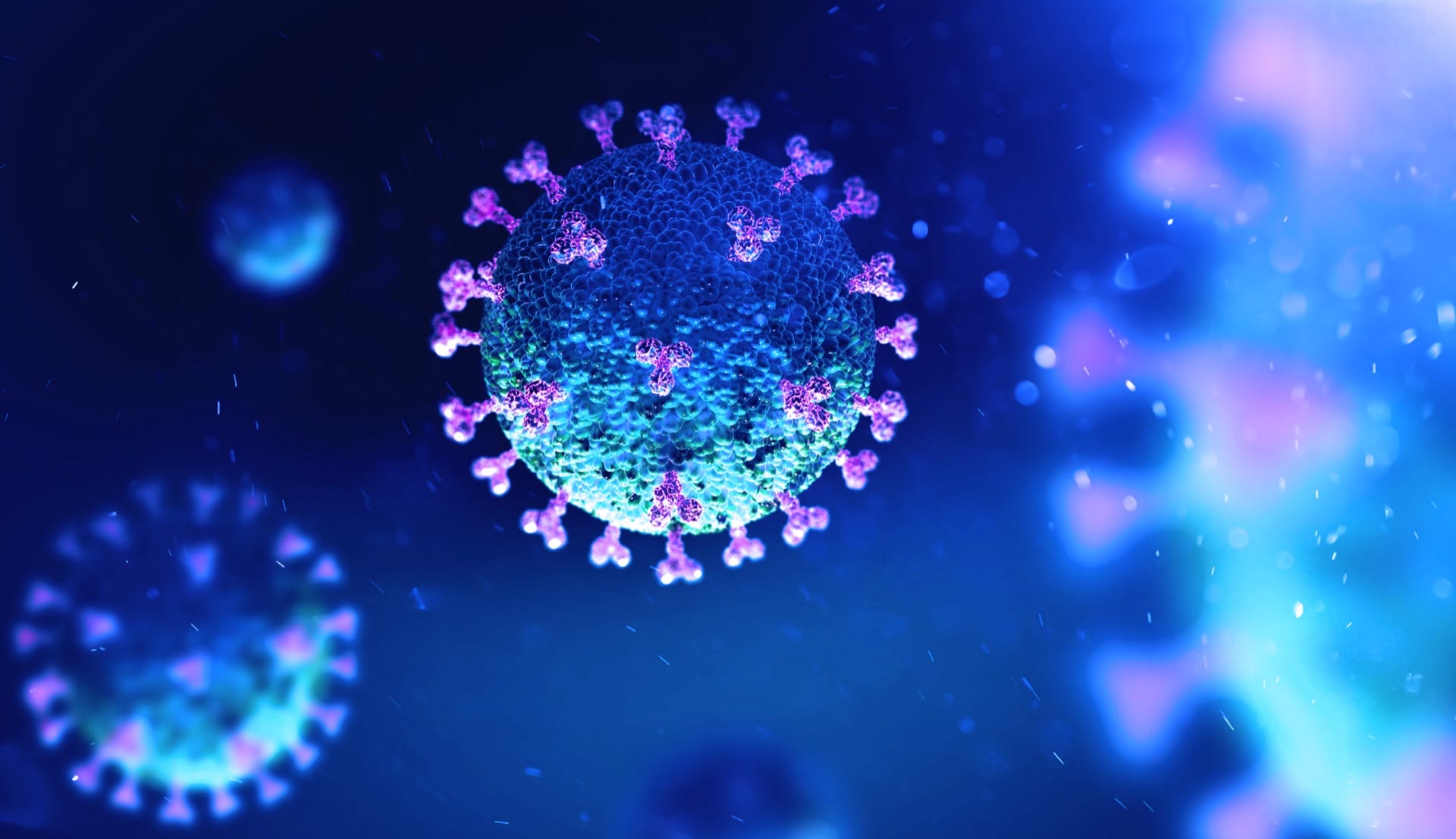While the numbers are constantly changing, at the time of writing, almost 12 000 Australians have been infected by the coronavirus (COVID-19) and 123 have died. And while Australia has fared well compared to many other countries, the recent increase in numbers in several states highlights the need for continued awareness and efforts to reduce the spread and avoid the dreaded ‘second wave’ of infections. The fact is, that until we have a vaccine (which may or may not happen) we need to learn to live with this virus and take steps to minimise our risk of being infected and infecting others.
COVID-19 is the name of the disease caused by infection by a new form of coronavirus. Coronaviruses are a large family of viruses that cause respiratory infections ranging from the common cold to more serious illnesses. Symptoms include fever, coughing, a sore throat and shortness of breath.
Most people who become unwell with COVID-19 will experience mild-to-moderate symptoms and will recover at home without medical treatment. However, some people can become very ill, particularly the elderly and those with pre-existing medical conditions such as high blood pressure, heart disease and diabetes.
If you have any symptoms of COVID-19, seek medical advice and get tested. This is the current recommendation, even if your symptoms are mild.
To protect yourself and others and stop the spread of the virus, it is important to:
- Practice good hygiene including washing your hands often with soap and water or using alcohol-based hand sanitisers when you can’t, avoiding touching your eyes, nose and mouth, and cleaning and disinfecting commonly used surfaces (such as bench-tops, desks and doorknobs) and objects (such as mobile phones, keys, wallets).
- Follow social distancing guidelines by keeping at least 1.5 metres from others, where possible, avoiding physical greetings such as hugging, kissing and handshakes and avoiding crowds and large public gatherings.
- Adhere to limits for public gatherings according to the recommendations in your state or territory.
- Consider downloading the COVIDSafe app which speeds up the process of finding people who have been in close contact with someone with COVID-19 and who are therefore at risk of having the virus and passing it on to others. You can find out more about the app by visiting the official website.
If you have a confirmed case of COVID-19 it is essential that you self-isolate to avoid spreading the virus to other people. This means you must not:
- leave your home except in an emergency or to get essential medical care
- go into public places including work and shops
- let another person into your home unless the person lives with you and can’t live somewhere else, is providing medical care for you or is entering for an emergency
You must stay isolated until your public health authority advises you are safe to leave. Leaving isolation without permission can result in criminal charges or a fine.
For more information:
- Visit the Australian Government Department of Health website.
- Use the Healthdirect Coronavirus (COVID-19) Symptom Checker – an online tool that will help you determine if you need to get tested or seek medical help.
- Join the Australian Government WhatsApp channel to learn the latest on Australia’s response to coronavirus (COVID-19).


